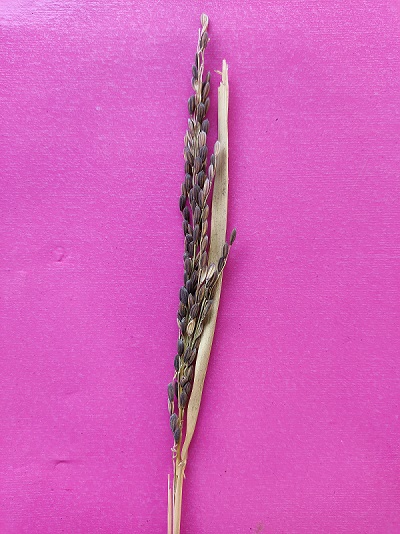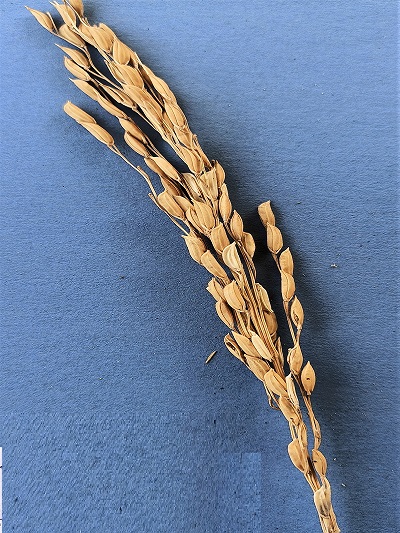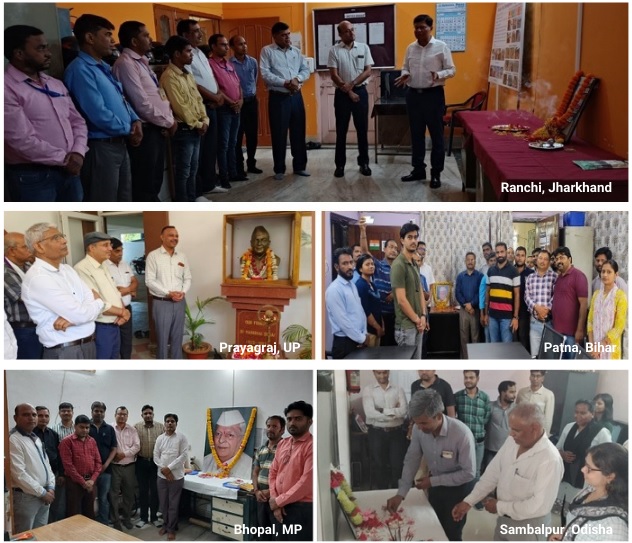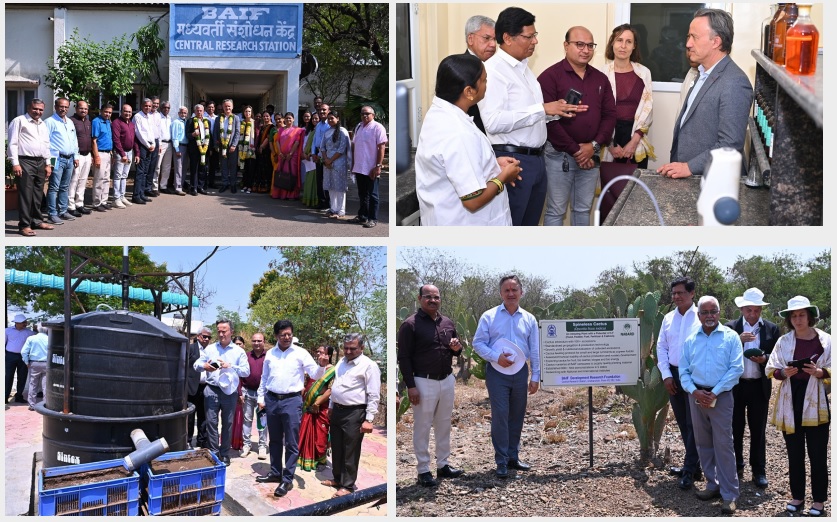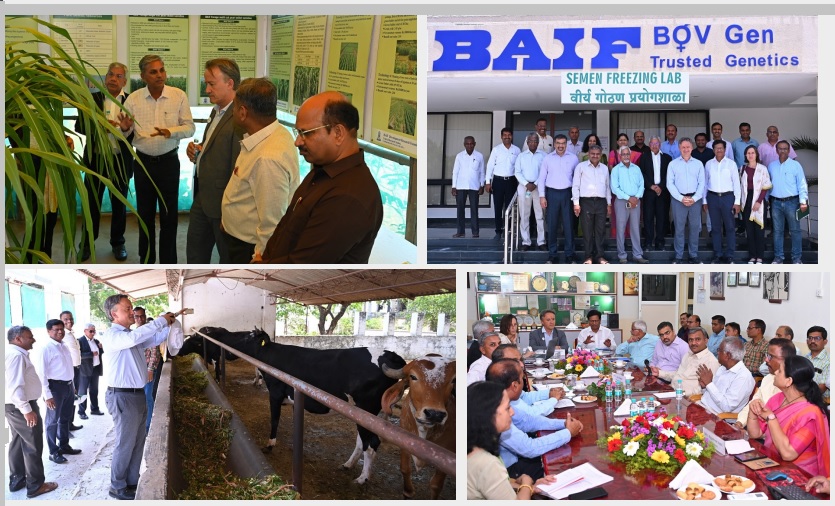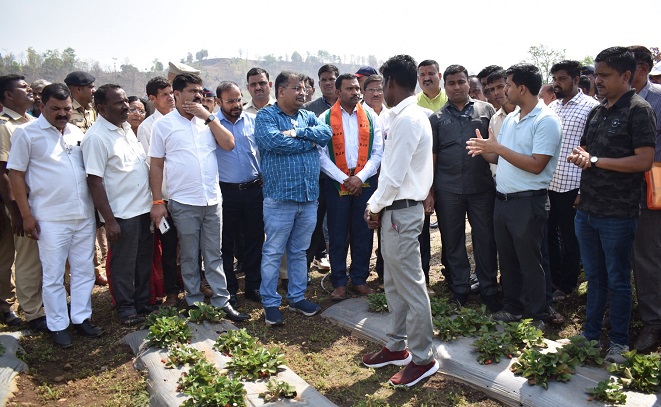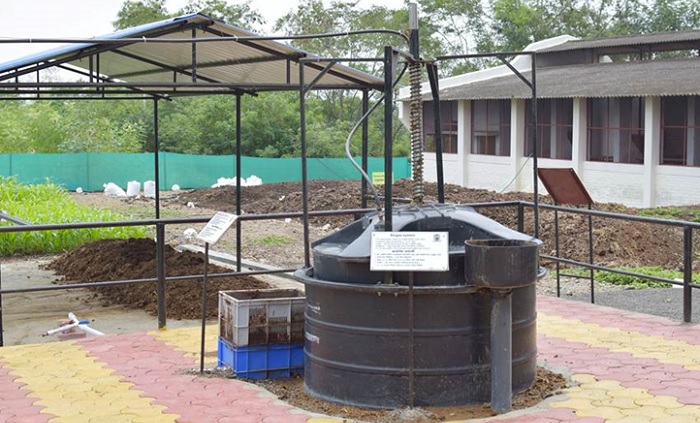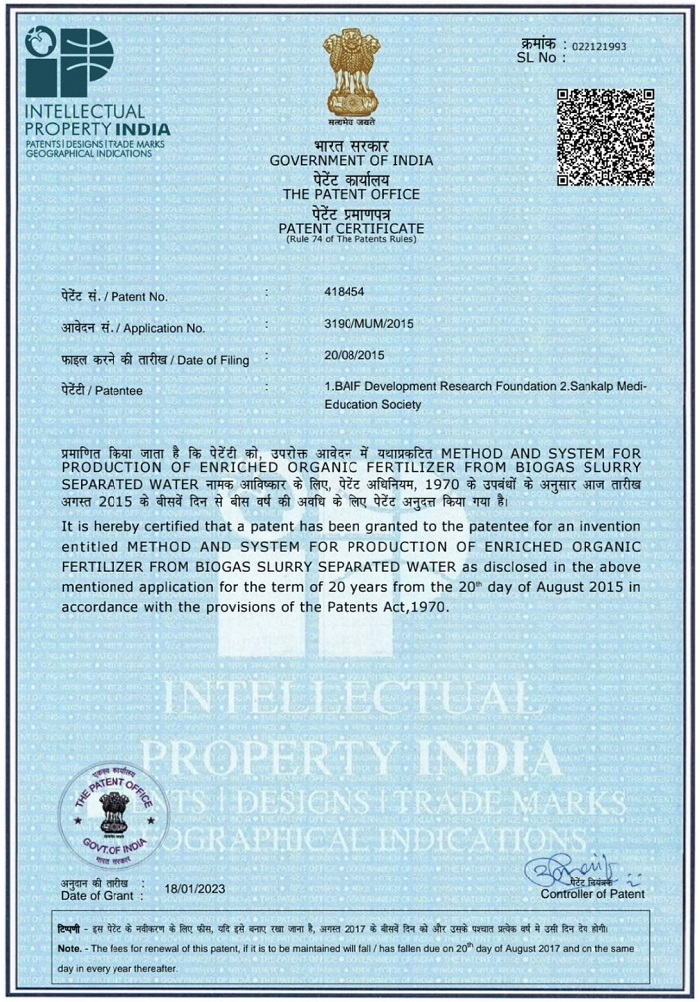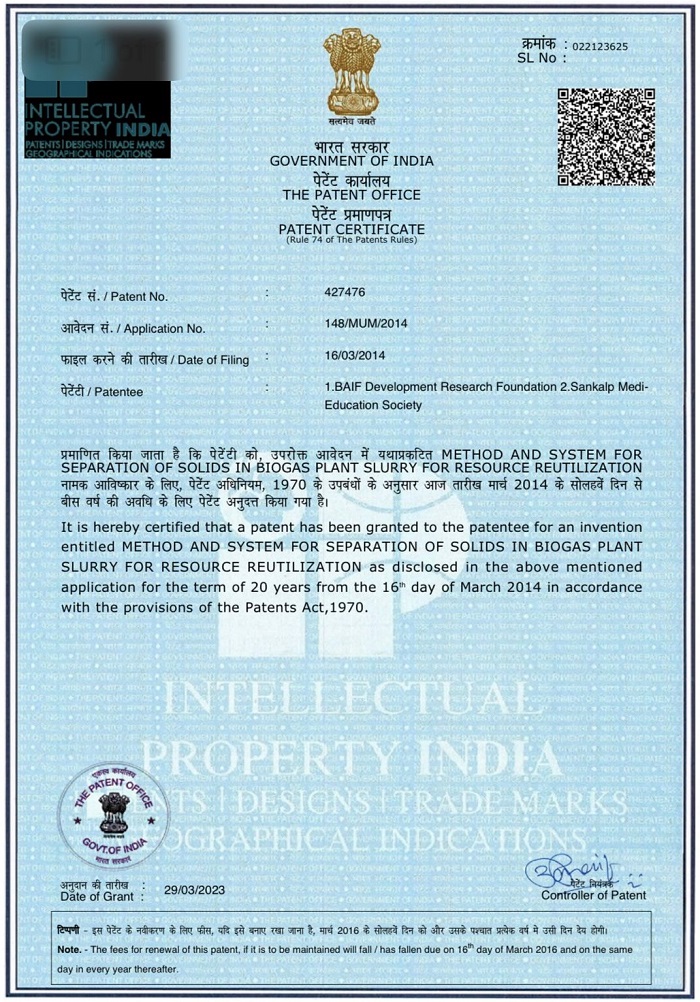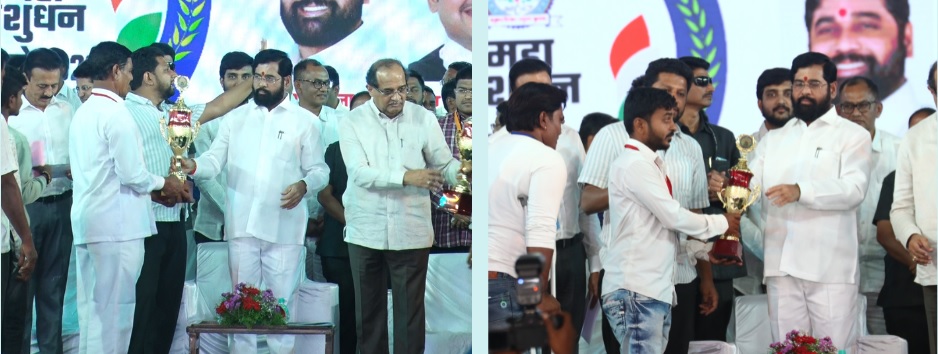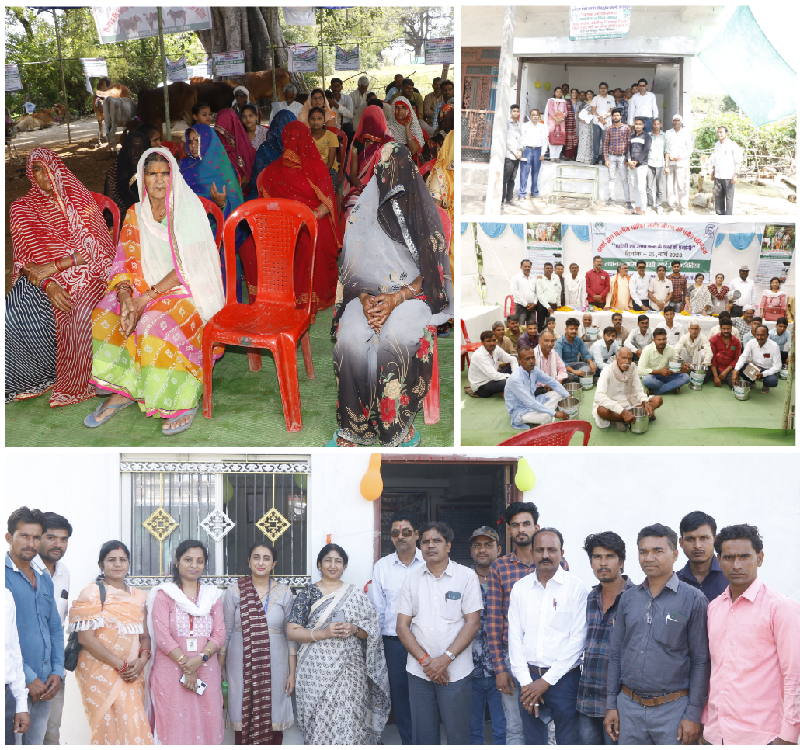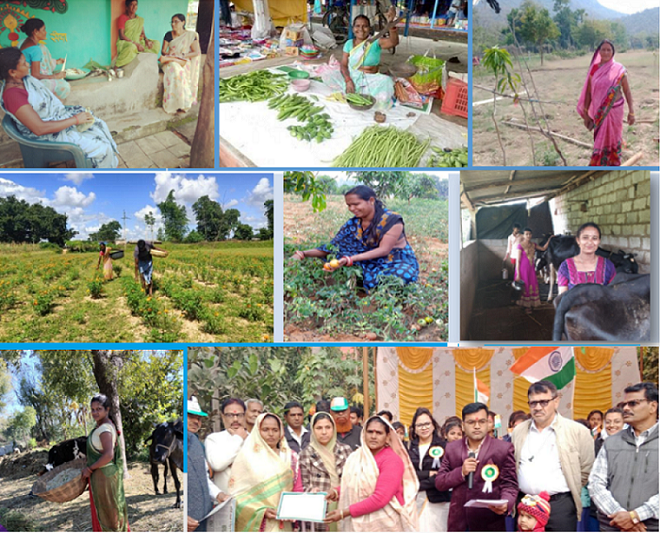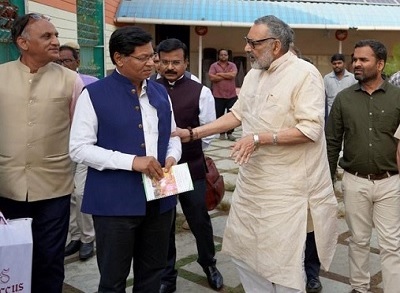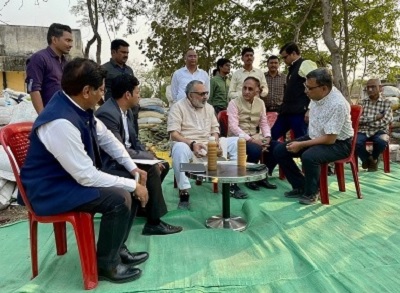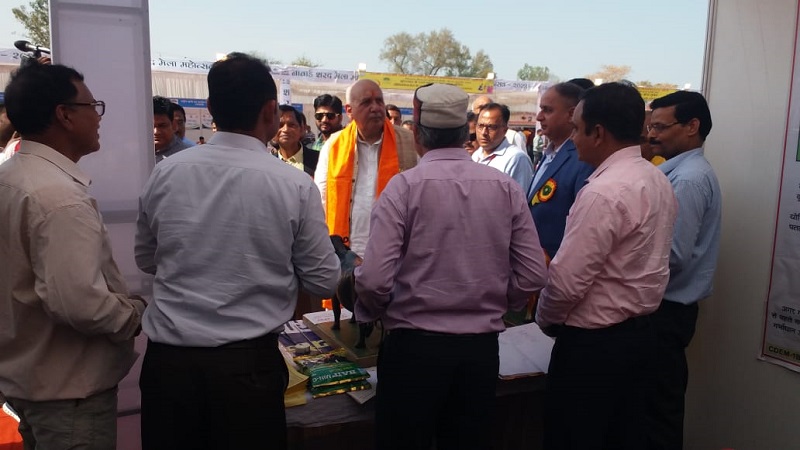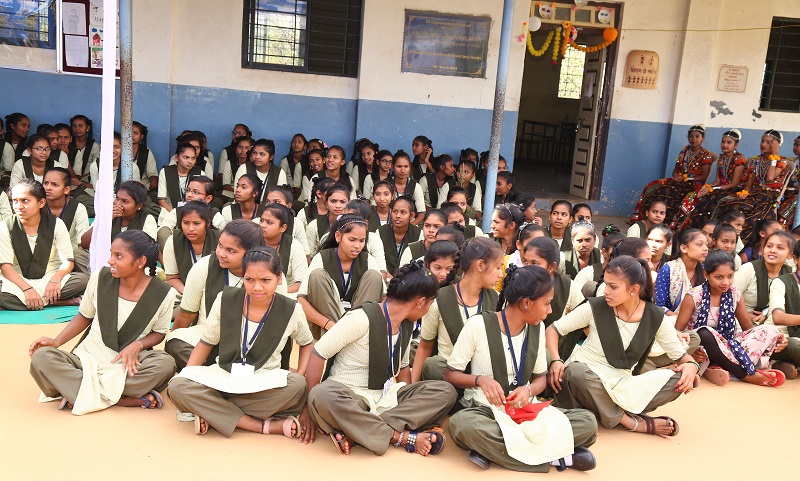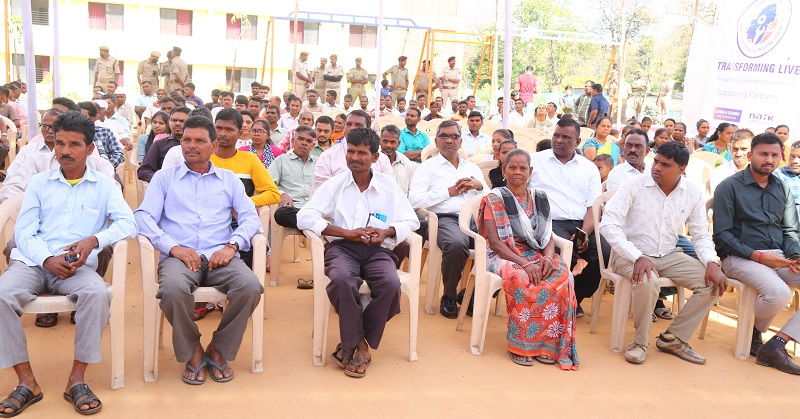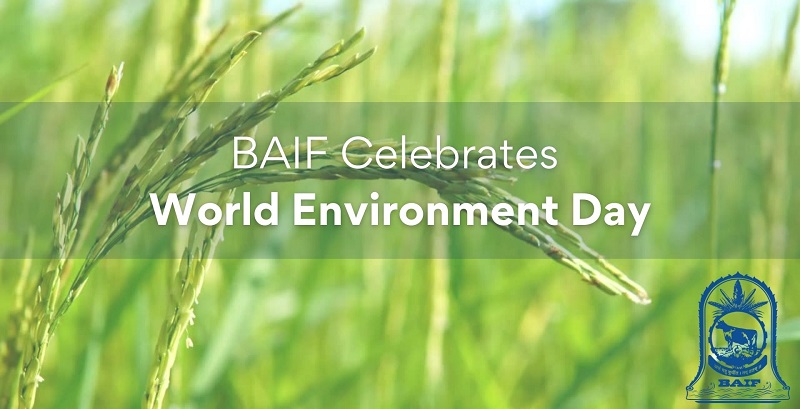
Nature-positive Initiatives demonstrated across BAIF
World Environment Day was celebrated by BAIF, its participant families and corporate partners across various locations through demonstration of various Nature-positive initiatives.
Madhya Pradesh: Village cleanliness, tree planting and conservation were well demonstrated by enthusiastic village leaders and village community and also by the participants of the agri-horti-forestry (wadi) programme under the FDP Wadi Development Programme at Gopalpura and Dhamaniya Jali villages in Mandsaur district. The event was jointly organised by HDFC Bank under its Parivartan Initiative and BAIF.
School children and women Self Help Groups led the campaign for promotion of a plastic-free environment with the slogan “Beat Plastic Pollution – If you can’t reuse it, refuse it” at Berchha and Kalsi villages, Nagada, Ujjain district of Madhya Pradesh. The participants undertook a tour of the entire village for spreading awareness among the village community and also took a pledge to stay away from bio-degradable wastes and thereby save Mother Earth. The event was jointly organised by Grasim Jan Seva Trust and BAIF.

Maharashtra: A tree plantation drive was organised at Jawulgaon in Wardha district, with the active participation of school children and the village community. Mr. R.K. Sharma, Head – Human Resources, Evonith Metallics Ltd., graced the occasion. On this occasion, a women-led Turmeric enterprise was also inaugurated at Bhugaon, Wardha district, with the involvement of Pragati Self Help Group.

BAIF in association with Gulf Oil Lubricants India Limited, organised a plantation programme to symbolize the need to green degraded lands at Barwadpada, Jawhar in Palghar district in the presence of the Gulf Oil Silvassa Plant Head, Mr. Ankur Jain, HR team and CSR Coordinator, Hinduja Foundation, Mr. Benedict Poshapir.
Bihar: Nature-positive initiatives such as tree planting and conservation drive and greening of village premises were launched at Dharhara, Munger, under the Holistic Rural Development Programme supported by “Parivartan” initiative of HDFC Bank with active participation of the village community. On this occasion, a pledge was also taken to save and protect the environment and lectures on environmental protection organised to create environmental awareness on a large scale.

Nature-positive initiatives through tree plantation and plastic-free environment drives were undertaken at Kaprada in Valsad, Gujarat, Barmer and Gudalmalani in Barmer, Rajasthan, Kasira in Sundargarh, Andharikata in Anugul, Badaberana in Cuttack and Basiapada in Sambalpur, Odisha and suitable climate proofing measures were undertaken at Madakkal, Karadikkal, Manjugiri, Sulagunta and Arulnatham in Krishnagiri, Tamil Nadu and various other operational areas of BAIF.


